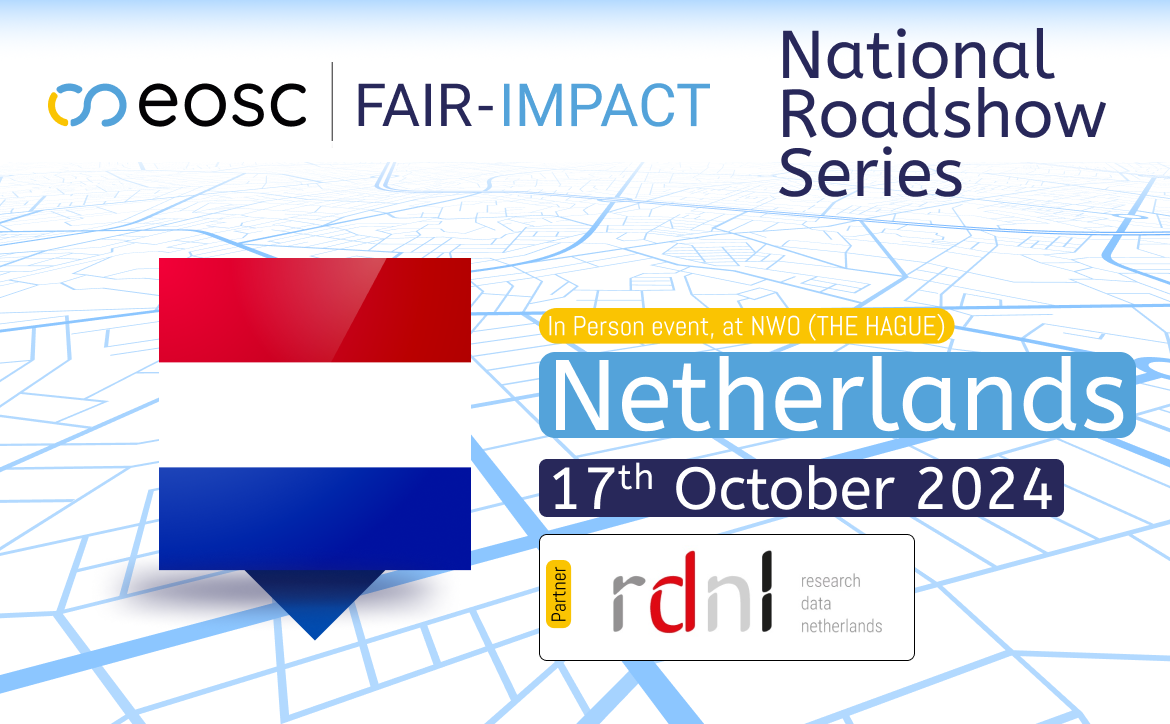The FAIR National Roadshow series is visiting The Netherlands on the 17h of October 2024!
The aim of this event is to present the outcomes and ongoing work of the FAIR-IMPACT project to the research community in the Netherlands, and build relevant connections.
Do you want to know where to start with FAIRification of sensitive data or how to assess the FAIRness of software? Learn about the FAIR principles and how to put them into practice during the interesting program, which includes interactive workshops, at the Dutch FAIR-IMPACT National Roadshow. Also, find out who will win the RDNL Dutch Data Prize, awarded to an individual or a team that makes research data FAIR.
This event will be in-person. The plenary sessions will be broadcasted and can be followed online. The workshop can't be followed online.
Target audience: (LC)RDM community at large, data support staff, researchers and policy makers at universities,universities of applied sciences and research institutes to join this event.
Location: This event will be in-person. The plenary sessions can be followed online by broadcast.
Language: English
Date: 17 October 2024, 13:00 - 16:45 CEST
Local facilitator(s): Research Data Netherlands (RDNL), a national coalition of data service providers and expertise networks whose mission is to promote implementation and long-term sustainability of FAIR research data in the Netherlands, and is existing of DANS, SURF (both FI-partners), Health-RI and 4TU.ResearchData.
Agenda
Moderator: Annette Langedijk, Research Partner Lead at SURF - collaborative organisation for IT in Dutch education and research.
|
Time (CEST) |
Title |
Presenters |
|
13.00 - 13:10 |
Welcome & context of the event in the framework of the FAIR-IMPACT project |
Ingrid Dillo, Senior Advisor at Data Archiving and Networked Service (DANS) and FAIR-IMPACT Coordinator |
|
13:10 - 13:45 |
Keynote: She moved through the FAIR. | Jenny O’Neill, Research Engagement Officer at HEAnet |
|
13:45 - 14:00 |
Break |
|
|
14:00 - 14:45 |
1.1 Data Champions networks (DANS building, 1st floor) 1.2 CAT & RAiD, how do these services help the research community? (DANS building, V8) 1.3 Measuring the FAIRness of research software (NWO building, 3rd floor, Room 300) |
1.1 Jenny O'Neill, on behalf of Sonraí, Bianca Gualandi, University of Bologna and Esther Plomp, TU Delft 1.2 Wim Hugo, DANS and Giacomo Cannizzaro, SURF
|
|
14:45 - 15:00 |
Break |
|
|
15:00 - 15:45 |
2.1 Where do I start with the FAIRification of Sensitive Data (NWO building, 3rd floor, Room 300) 2.2 Ontology repositories and Semantic Artefact Catalogues in EOSC: the prism of FAIR-IMPACT (DANS building, 1st floor) 2.3 To be interoperable or not to be in EOSC (DANS building, V8) |
2.1 Nina Grau, INREA and Deborah Trope, DANS 2.2 Dr. Clement Jonquet, INREA
2.3 Esteban Gonzalez Guardia |
|
15:45 - 16:00 |
Break |
|
|
16:00 - 16:45 |
RDNL Dutch Data Prize award show. Who will be the winners of the next Dutch Data Prize award? |
|
|
16:45 |
Wrap-up and closure with drinks |
Annette Langedijk, Research Partner Lead at SURF |
Keynote: She moved through the FAIR
In this keynote Jenny O'Neill, Research Engagement Officer at HEAnet, will discuss her personal commitment to supporting FAIR Data as well as Ireland’s progress to date in implementing their vision for Open Research in Ireland.
Ireland's National Open Research Forum (NORF) was established in 2017 to drive the national agenda for Open Research, publishing the National Open Research Landscape Report in 2021 and National Action Plan for Open Research in 2022. The National Action Plan serves as a roadmap for the implementation of open research across Ireland, centred around three themes including enabling FAIR research data and other outputs.
Jenny will discuss the road to the National Action Plan as well as progress achieved in the last two years as a result of the 2022 and 2023 Open Research Funds.
Workshop abstracts round 1
Data Champions networks (WP2)
Abstract
This workshop is an opportunity to discuss the role that Data Champion networks can play in helping research support teams address the challenge of providing research data management advice and training across a broad range of disciplines with different practices and needs. The discussion aims to cover topics such as what needs to be considered when establishing a Data Champions network and the incentives for the organisations and the champions.
Representatives from Sonrai, the Irish data steward network, who have recently launched a network of Data Champions; the University of Bologna, who are planning the launch of a Data Champions network, and TU-Delft who have an established Data Champion network, will discuss how the idea has been or will be implemented in their organisations, the challenges they have encountered and how the Data Champion network has benefited or is expected to benefit their work.
Presenters
Jenny O'Neill, on behalf of Sonraí
Bianca Gualandi, University of Bologna
Esther Plomp, TU Delft
CAT & RAiD, how do these services help the research community? (WP3)
Abstract
In this workshop, you will learn about the opportunities that two services developed by the FAIRCORE4EOSC project opens up to the research community; the Compliance Assessment Toolkit (CAT) and Research Activity Identifier (RaiD).
The presentation on the CAT will focus on the experience and feedback on the service received through the FAIR-IMPACT support action, with a view to ensuring that CAT meets community expectations by the time of its public launch (M34 of the project - March 2025). CAT will also share its roadmap, thoughts on future sustainability of the service, and on governance of the PID landscape in EOSC. The expected outcomes of this session is to get confirmation of use cases identified through community engagements, gather feedback on the knowledge base and guidance expectations, and other usability and quality improvement suggestions. Lastly, the ambition is to reach a consensus on a joint position on PID governance in EOSC.
During the presentation of RaiD, the ambition is to briefly demonstrate the value of the service during the whole research lifecycle. You will also hear about the best practices and adoption strategy for the service, explaining the challenges encountered in preparing them and opening the floor to hear other challenges that might be expected in terms of adoption. The objective is to generate interest in the RaiD service by showcasing its capabilities and to facilitate an informed discussion on best practices and usage policies.
Presenters
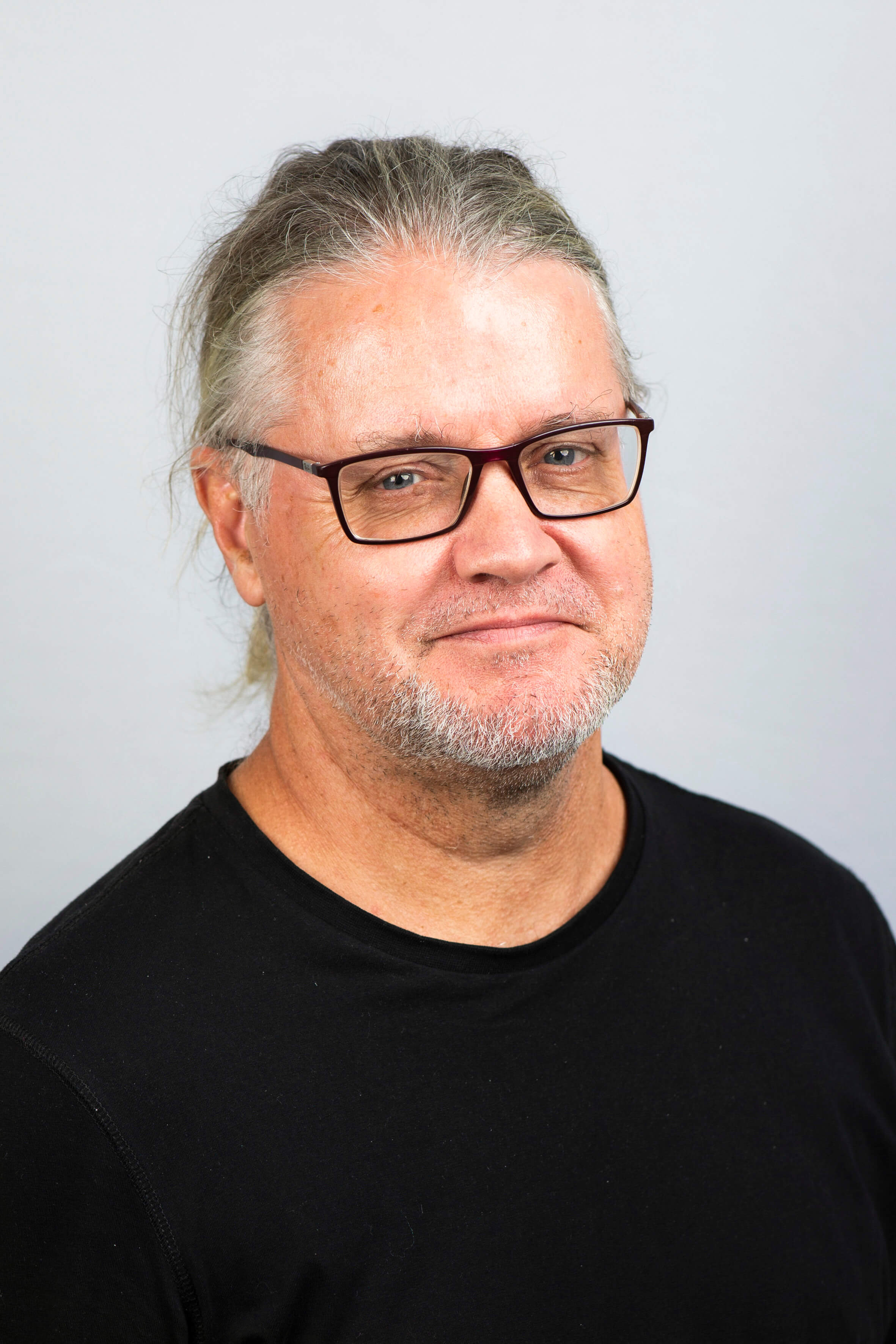
Wim Hugo is the CTO of DANS, a major data archive and expertise centre based in the Netherlands and is a contributor to inter alia the FAIRCORE4EOSC (WP Lead), OSTRails (Task Lead) and FAIR-IMPACT (Task Lead) projects. He contributes to EOSC Task Forces and opportunity areas, CESSDA, GEO, RDA, and CoreTrustSeal, and has many years of experience on topics of interoperability, specifications, standardisation, architecture, and best practices in the field of research data management. He has also lead projects and created infrastructure for decision and policy support covering topics such as societal benefit from open science, global change responses, and renewable energy.
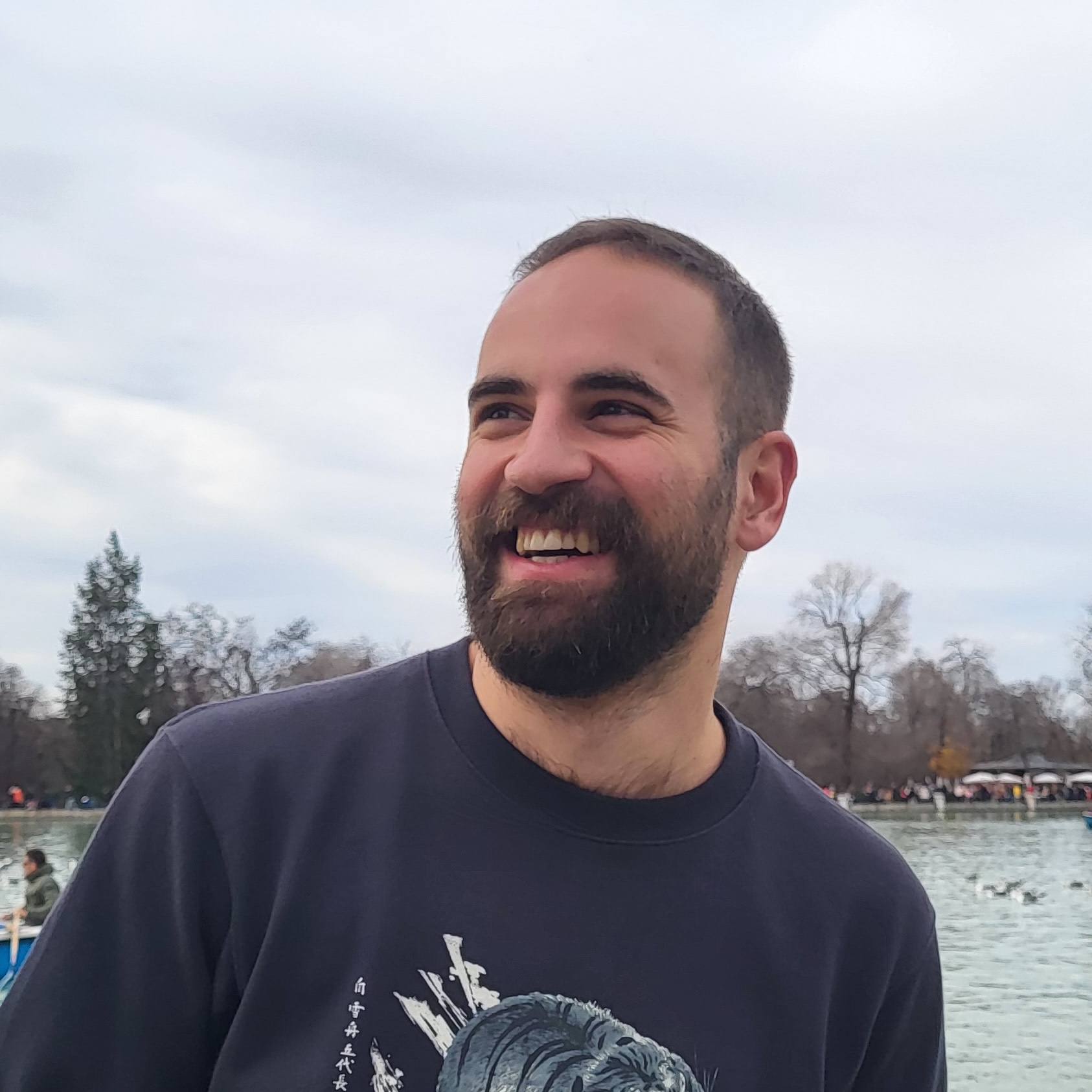
Giacomo Cannizzaro moved to the Netherlands in 2016, after completing his physics studies in his hometown of Rome in Italy, to pursue a PhD in Astronomy, studying Black Holes and related phenomena with new observations from ground-based telescopes. After successfully completing the PhD and continuing this research during a post-doc, he joined SURF in 2023 to work in the Data Preservation Services team, as a Technical Advisor. His work is focused on Open and FAIR science, with his biggest endeavour currently being establishing SURF as the first European Registration Agency for the RAiD service, in the context of the FAIRCORE4EOSC collaboration.
Measuring the FAIRness of research software (WP5)
Abstract
The FAIR Principles for Research Software (FAIR4RS) provide a framework for making software more findable, accessible, interoperable and reusable in research. The FAIR IMPACT project has developed a set of metrics to assess the FAIRness of research software based on these principles. FAIR IMPACT has also been working to extend F-UJI, an existing FAIR data assessment tool, with tests for these software metrics. Some of these tests have been designed to be discipline-specific, as it is expected that different communities implement each metric in ways that represent their community norms and standards.
In this session, we will present the FAIR4RS principles and metrics and demonstrate the F-UJI tool, focusing on a subset of metrics. We will discuss what practical tests for these metrics should look like for different disciplines and different approaches to assessing research software. Finally, we will ask participants to consider how they might use the metrics to improve the FAIRness of the software they develop or work with. Participants' contributions will shape the implementation of further discipline-specific tests in F-UJI. They will also gain a better understanding of how to make their software FAIR. Their is po prior knowledge about needed the FAIR principles, and no technical skills are required. Some experience developing or reusing research software will be helpful for the discussion.
Presenters
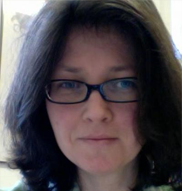
Elena Breitmoser is a project manager at EPCC, the University of Edinburgh. She has also worked as a RSE for many years with HPC, TREs, data and EPCC’s MSc programme.

Neil P. Chue Hong is founding Director of the Software Sustainability Institute and Professor of Research Software Policy and Practice at EPCC, University of Edinburgh. He works to improve software sustainability, research software engineering practices, and the impact of research software policy and incentives. He has contributed to international research software guidelines including the FAIR Principles for Research Software, Software Citation Principles, and NISO Reproducibility Badging and Definitions. He holds a number of advisory roles, including chairing the steering committee for the UK’s exascale software, algorithms and infrastructure programme (ExCALIBUR) and membership of the UKRI Advisory Committee on Digital Research Infrastructure. He is the Editor-in-Chief for the Journal of Open Research Software, co-editor of “Software Engineering for Science,” and co-author of “Best Practices for Scientific Computing” and “An Open Science Peer Review Oath”. He is a member of the Association for Computing Machinery, a member of the Society for Research Software Engineering, and a Fellow of the British Computer Society.
Workshop abstracts round 2
Where do I start with the FAIRification of Sensitive Data (WP2)
Abstract
Sensitive data is ‘information that is regulated by law due to possible risk for plants, animals, individuals and/or communities and for public and private organisations’ (David et al, 2020). There are many different types of sensitive data, and they exist in relation to many different contexts and disciplinary approaches. Perhaps most familiar to many will be personal data – for example names collected during a survey or interview – but there is also commercially sensitive information, data relating to the military or national security, and data about vulnerable species, and more.
In this workshop we present the highlights from a public FAIR-IMPACT webinar entitled ‘Where do I start with FAIRification of sensitive data?’, which was held in June 2024 and attracted an audience of over 100 attendees representing 26 different countries. We showcase the range of topics that were explored during the workshop, and present some of the key tips that the range of speakers gave in making sensitive data FAIR. Importantly, we extract and elaborate on some of the most lively discussions extracted from the workshop: such as the need for more support in the FAIRification of sensitive data, and the role of synthetic data in sharing sensitive data. The workshop will be completed with a collaborative exercise, giving attendees ample opportunity to make their own contribution to the discussions around the complexities and benefits of FAIRification of Sensitive Data.
Presenters
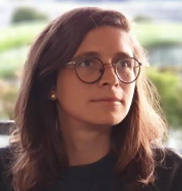
Nina Grau, FAIR-IMPACT project manager for INRAE, France. PhD in Virology with experience in various disciplinary projects. Special interest in knowledge transfer and open science
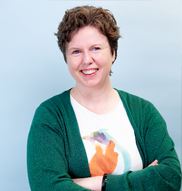
Deborah Thorpe, Research Data Management Specialist, DANS. Special interest in FAIR and Open Humanities data, training and education, data stewardship
Ontology repositories and Semantic Artefact Catalogues in EOSC: the prism of FAIR-IMPACT (WP4)
Abstract:
This workshop will delve into the need for ontology repositories and semantic artefact catalogues to manage the burgeoning number of ontologies and semantic artefacts in scientific research. We will explore how these platforms ensure that ontologies and semantic artefacts are, as any other data, FAIR objects, thereby enhancing their utility and impact. Central to our discussion is the OntoPortal Alliance, a consortium dedicated to the development and promotion of ontology repositories using the open-source OntoPortal software. We will showcase the versatile features of OntoPortal technology, which supports a wide array of resources, from SKOS thesauri to OBO, RDF-S, and OWL ontologies. Our presentation will review existing and forthcoming public repositories built with OntoPortal, within or without the FAIR-IMPACT project, emphasizing their role in the European Open Science Cloud (EOSC) ecosystem. We will discuss the FAIR-IMPACT’s roadmap with respect to ontologies and semantic artefacts, which aims at advancing the life cycle management of FAIR semantic artefacts, from their governance, to their FAIR-by-design conception and development, sharing in catalogues, mappings and uses by data repositories. We will quickly introduce the "Metadata for Ontology Description and Publication" (MOD) initiative, which leverages a DCAT-based vocabulary to describe semantic artefacts and their catalogues. These descriptions will be made accessible via a standard API, enhancing interoperability and ease of reuse. Join us to learn how OntoPortal and the FAIR-IMPACT project are paving the way for improved management and reuse of semantic artefacts in the EOSC, ensuring they meet the FAIR principles and contribute significantly to open science.
Presenter
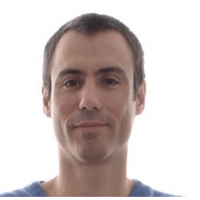
Dr. Clement Jonquet, PhD in Informatics, is senior researcher at INRAE in the MISTEA research unit and associate researcher at University of Montpellier in the LIRMM laboratory. He is a former postdoc (3 years) & visiting scholar (3 years) from Stanford BMIR. He has 16 years of experience in ontologies and semantic Web research applied to biomedicine and agronomy. He works on the design and development of ontology repositories, ontology-based services and FAIR semantic artefacts as the PI or Co-PI of several past or ongoing projects such as ANR D2KAB or HEU FAIR-IMPACT or the OntoPortal Alliance. Since 2015, he leads the AgroPortal initiative to build a reference vocabulary and ontology repository for agronomy, food and plant sciences. Dr. Jonquet is the (co)author of 165 publications or communications cumulating more than 4200 citations, including 30 international journals in multiple domains.
To be interoperable or not to be in EOSC (WP6)
Abstract
The objective of this workshop will be to present a general overview of the interoperability advances in different EOSC projects such as FAIR IMPACT, FAIRCORE4EOSC (MSCR - Metadata Schema and Crosswalk Registry tool) and WorldFAIR (Cross Domain Interoperability Framework).
Also, we will discuss the last recommendations produced by the EOSC Interoperability Task Forces. We will analyze how these recommendations can be transformed into indicators that we can measure.
The workshop participants will be invited to share both generalized and discipline specific interoperability challenges and objectives.
Presenter
Esteban Gonzalez Guardia
